Will Disney Continue Marvel Shows From Netflix
Marvel Cinematic Universe has grown with steady momentum throughout the years, wherein its television productions have played an essential role. These shows have kept the stories in line, providing consistency and progression to the entire lore of superheroes that began with Iron Man (2008). While it was Agents of S.H.I.E.L.D. that started MCU's stint on television, which opened to a largely positive response, Marvel delved into a never-explored-before territory with much darker, R-Rated storylines with its collaboration with Netflix. Sharing the same continuity, Netflix released a series of ventures focusing on some of the most famous Marvel Comics' storylines, starting with 2015's Daredevil.
The success of the show and the praise it received for its strong-headed approach to the characters' iterations spun out Netflix's own slate of Marvel releases that included Jessica Jones, Luke Cage, and Iron Fist. The three originals paved the way for an ultimate cross-over, The Defenders, and a spin-off The Punisher. By 2018, the slate looked intriguing and had gathered a massive fanbase; however, the same year, Netflix canceled all the Marvel shows one by one, leaving fans disappointed. Now, almost four years later, these shows have a chance to be revived as they arrive at Disney+ after the characters' rights reverted to Marvel after a long halt on their future.
The decision has caused speculation about new developments concerning the significance of these shows, their characters, and their stories in wider MCU, along with theories that are up and running focused on these shows' direct inclusion into the Marvel 'Multiverse'.
Can these shows become canon to the original lore of the largest cinematic universe, or will they lose their place to usher in a new era?
Netflix's Marvel Shows Arrive at Disney+ (But With a Catch)
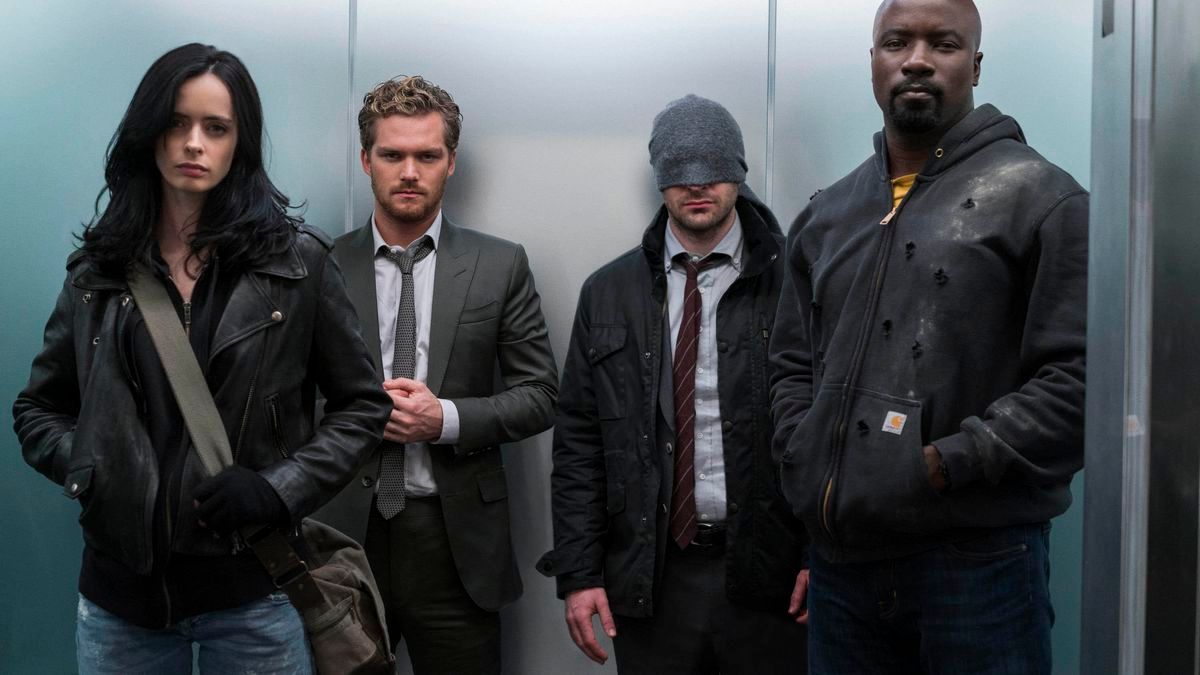
Last week, all the Netflix shows arrived at Disney+, getting the streaming platform closer to becoming the only place to host all Marvel Studios properties. The Netflix originals -- Daredevil, Jessica Jones, Luke Cage, Iron Fist, The Defenders, and The Punisher -- were canceled in a streak despite fan support and critical success. The decision came after Disney went full throttle on its launch of Disney+, a direct Netflix competitor. The series, however, remained on Netflix, available to viewers to stream for the next three years, before the characters' rights for the Marvel Comics figures appearing in the series reverted to Marvel Studios. All these shows are now available to stream on Disney+ in the U.S., while the transfer of these properties from Netflix is still in the works in other territories. For Marvel fans, it's good news as now there's hope for these fan-favorite characters to continue their arcs by being much closer to the hyperlinked entries in the MCU that primarily comprise the films and now, new Disney+ originals.
However, there's a catch. The shows have not been included in the MCU timeline, which guides viewers through the entire lore spanning twenty-seven films and several television productions. Is it because Marvel, from here onwards, wants to navigate the stories we witnessed in Marvel's Netflix originals per its own conditions, or is it time that Marvel completely erases these shows from its canonical timeline?
TV Series Sharing Continuity With MCU
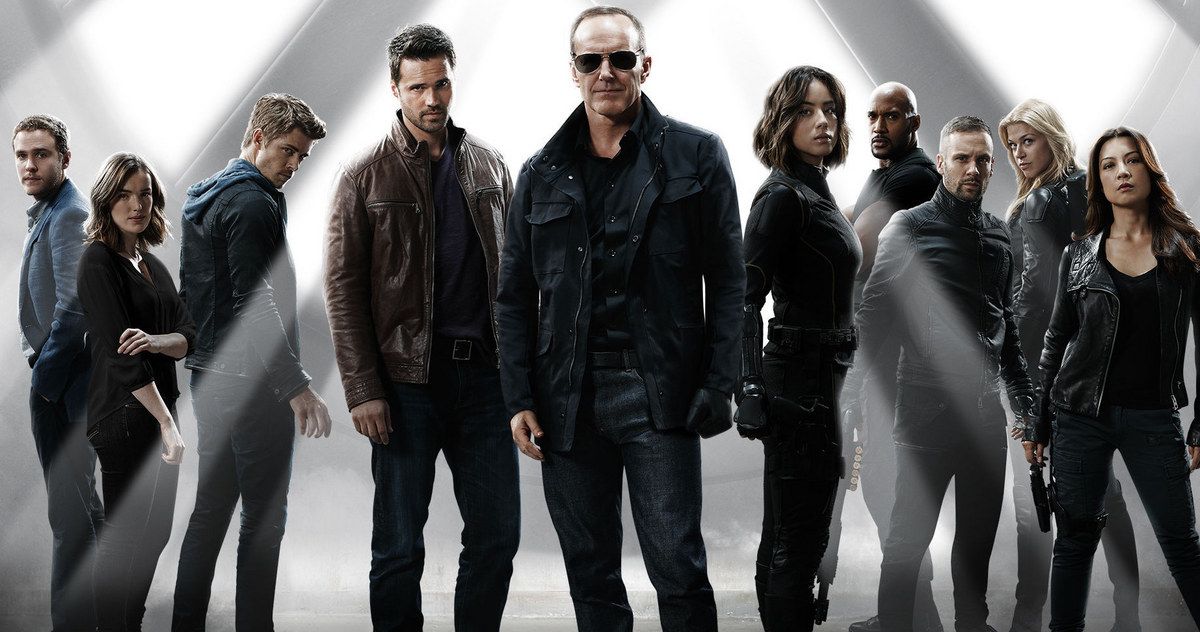
It all started with Marvel Television's Agents of S.H.I.E.L.D, which premiered on the ABC Network back in 2013. The series brought back Clark Gregg's Agent Phil Coulson to life, creating an expansion of the cinematic universe beyond the horizons we had previously known. The show ran parallel to the events of films, just as Marvel One-Shots, but covered a much wider scope, introducing new characters and stories from the comics, which had not been explored earlier. The series was joined by Agent Carter and later by projects like Runaways, Cloak & Dagger, and Helstrom, along with the above-mentioned Netflix originals.
Until WandaVision, the rationale for running an adjunct television franchise was to tell parallel stories to the films while not directly interlinking them, yet, maintaining they exist in the same universe. However, besides Agents of S.H.I.E.L.D, none of the shows mentioned the films' events. Over the years, the interlink between the series and films has grown vague and somewhat confusing, questioning the canonization of these stories in the original MCU timeline. Now that Disney+ has separated these shows from the platform's MCU timeline, the confusion has further grown. To add to the confusion, the recent re-appearances of two major characters from these shows in MCU projects further complicate the canonization of these stories.
Daredevil & Kingpin Return to Marvel
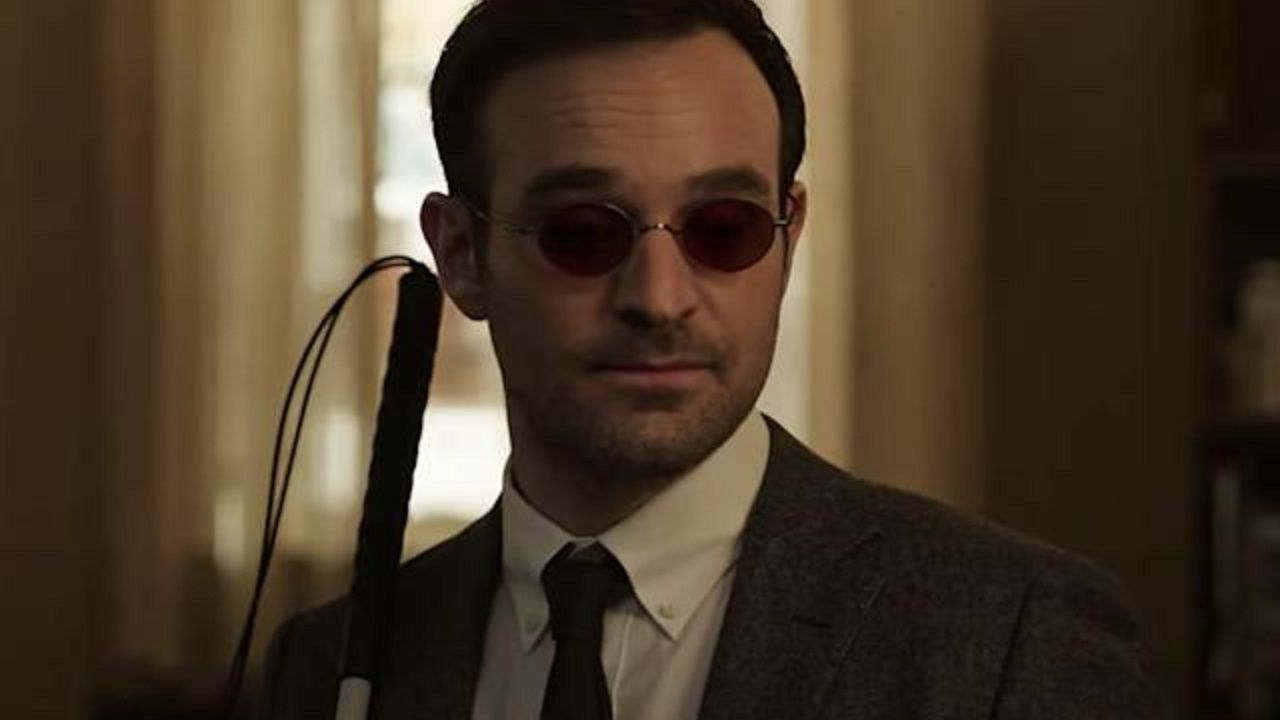
After a long wait, Marvel decided to treat the fans with two surprise returns in a cameo capacity, hinting that the Netflix originals will finally merge with Marvel Studios' projects. It began with Charlie Cox's appearance as Matt Murdock in Spider-Man: No Way Home. In the film, Matt is Peter's lawyer, who helps him get off the murder charges he was facing in Mysterio's death. Murdock's appearance was that of a cameo, but his style and the backdrop of his role clearly linked to his debut in Daredevil.
Firstly, it seems Matt himself took on the case, as it's clear that no other lawyer would have been interested in defending Mysterio's murderer. Murdock, continuing his gig as an ambulance chaser, would have seen this as a great opportunity for his firm while also protecting another New Yorker hero. In addition, Marvel inserted a scene in which he catches an almost-flying brick that was about to strike Peter bare-handed, a clear reference to his enhanced senses, which were extensively explored in the series. That's all we saw of Matt in the film, while Kevin Feige confirmed that Cox will continue to be Daredevil in the MCU.
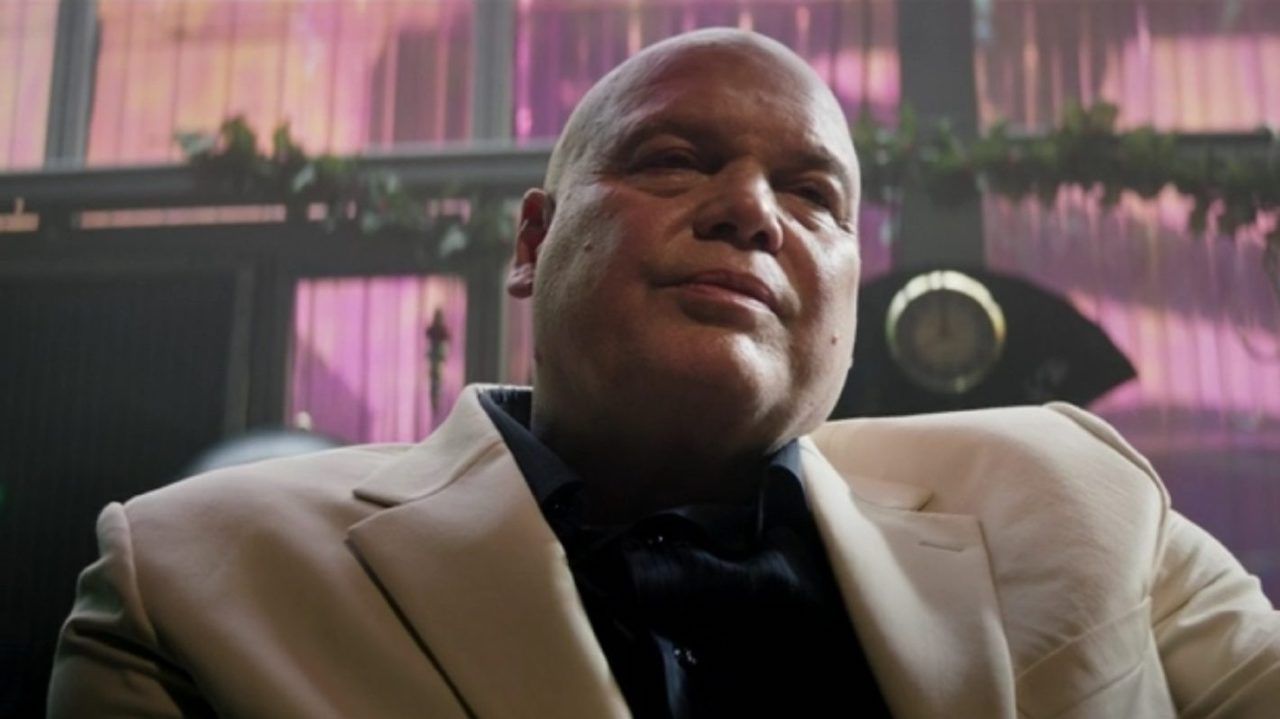
The next appearance was that of Kingpin, or as fans know him as Wilson Fisk. Once again played by Vincent D'Onofrio, the character appeared as the head of a storefront criminal empire that he ran with his group of goons called Tracksuits. The character appeared in the series Hawkeye and had a little different getup than his earlier iteration seen in Daredevil. Unlike Cox's appearances, none of the character traits from his previous appearances in the franchise were adopted, besides his no-nonsense attitude.
Cox and D'Onofrio's appearances in these MCU projects should suggest that the Netflix shows they first appeared in are canon to the ongoing MCU lore (which is now exploring multiverse). But, numerous speculations and the inconsistencies between the shows and the films' timeline, caused predominantly due to The Blip that erased five years, now questions whether it's wise to add those arcs and character development elements to the new and fresh appearances of these beloved comic book figures in live-action.
Marvel Shows Are Inconsistent With the Films
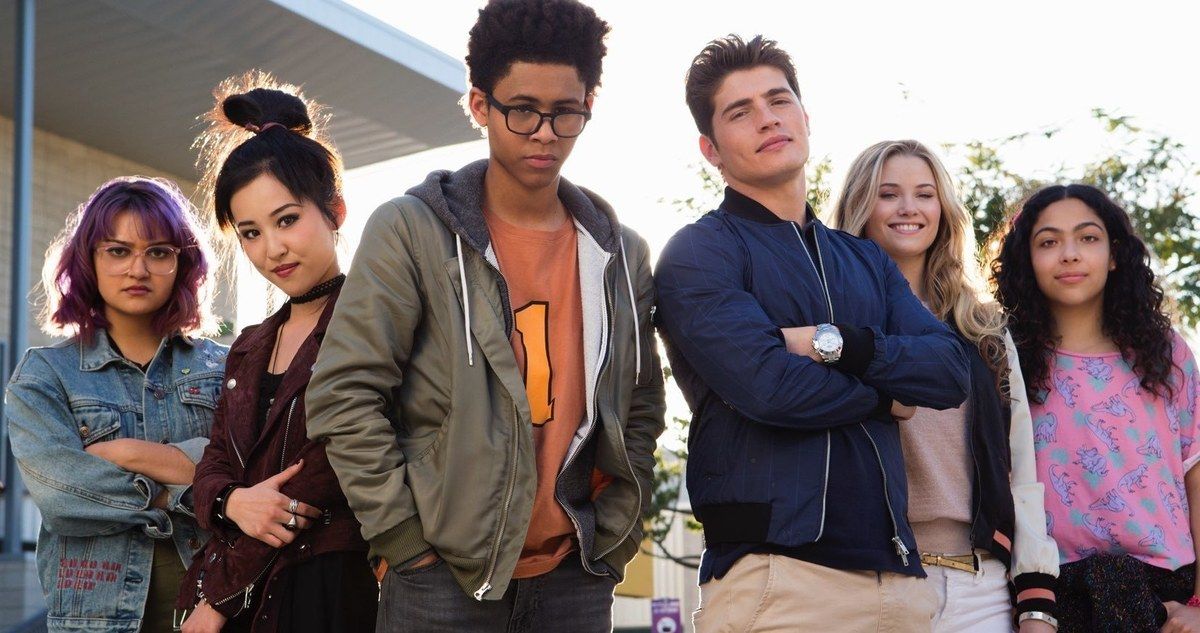
Earlier seasons of Agents of S.H.I.E.L.D directly mentioned events of the MCU, including Battle of Greenwich from Thor: The Dark World and Battle of Sokovia from Avengers: Age of Ultron. Given that it actually picked up from the fact that Coulson died and was revived after forty days by Fury's Project T.A.H.I.T.I make it highly canon. Even before Thanos blipped away half the universe, a conversation hinted at his impending invasion of Earth. This leads all fans to believe that a major event from the films will directly tie in with the series, finally uniting all Marvel Studios properties into one massive superhero mytho. But that didn't happen as the show ignored the events of Infinity War and Endgame, leaving fans bewildered.
This probably happened because of creative differences between Marvel Television and Marvel Studios. The introduction of Disney+ opened possibilities for Kevin Feige to take control of several stories that he couldn't have explored before in a large feature-film format. Furthermore, with X-Men and Fantastic Four rights reverted to his creative hierarchy, Feige made his own plans to continue the MCU's television-oriented ventures, which were backed by Disney. The reason was probably the mixed-to-negative reception of shows like Agent Carter (which was canceled and left on a cliffhanger), Runaways, and Helstrom. Eventually, Marvel Television was shut down, folding all its shows into Marvel Studios.
It was probably to avoid such creative differences that the Netflix shows ran their own course. They were, of course, always guided by the path the films laid out for the shows to establish their grounds, yet they never dived deeper into the films' storyline. However, it still doesn't remove them from the original canon of the franchise, given that the first season of Daredevil kept Battle of New York from The Avengers as a primary event for set-up.
So, even these shows remain inconsistent with the films, one can't ignore that the foundation of these shows was always the storyline the films covered. Hence, the possibility of their canonization can't be ignored. But is it that simple?
Are These Shows Currently Canon?
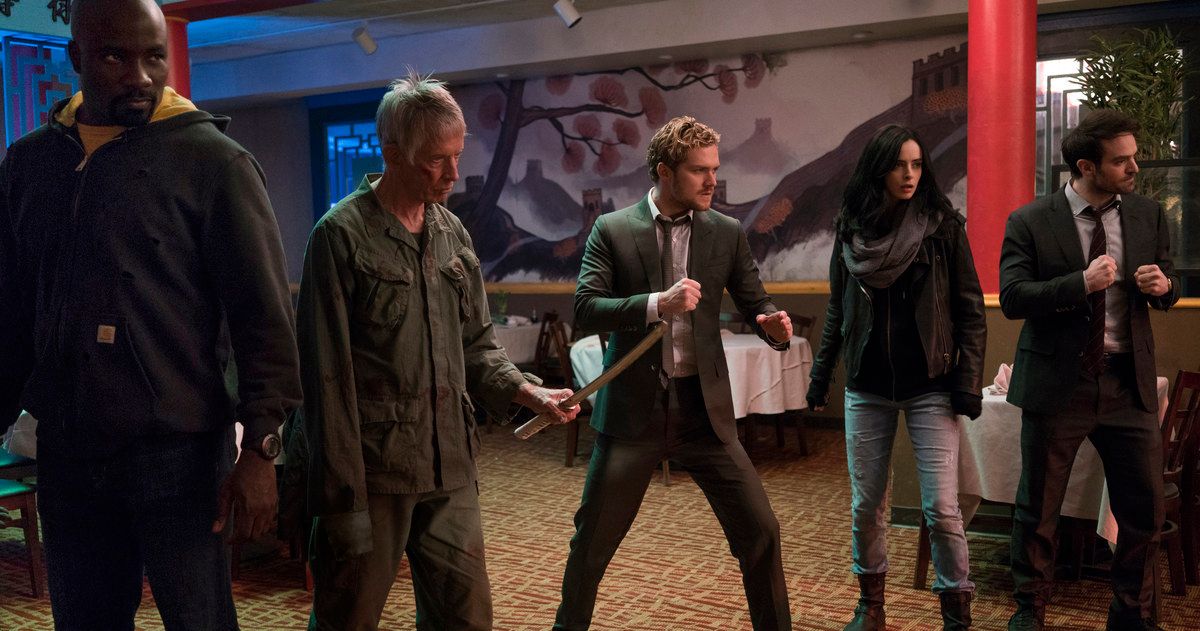
The thing is that all pieces of evidence to prove these shows are canon are pretty distorted. The Netflix shows have ensured that they don't mention anything from the film directly; however, there are clever references to the same in these shows. From the talks of The Incident (Battle of New York) to the mention of Big Green Dude (Hulk) and The Flag Waver (Captain America), the shows were filled with such teases, hinting at a feasible connection with the films. These hints indicate that the Netflix originals 'do' share the same continuity as the films and other television series of the franchise. It's just that, to avoid gaps in the timeline and confusing cross-over of events, which, even in dialogue, may hamper the films' popularity and their separate continuation. After all, films account for more critical success and commercial viability in international markets than television ever can.
As for Marvel's ABC Network shows, the appearance of James D'Arcy as Edwin Jarvis in Endgame put a seal on the interlink between Agent Carter and the Marvel Cinematic Universe. But the significance of Marvel's Netflix originals in the MCU is still a debate, as both the arguments -- for them being canon and not canon make equal sense.
How Can Canonization Help the MCU?
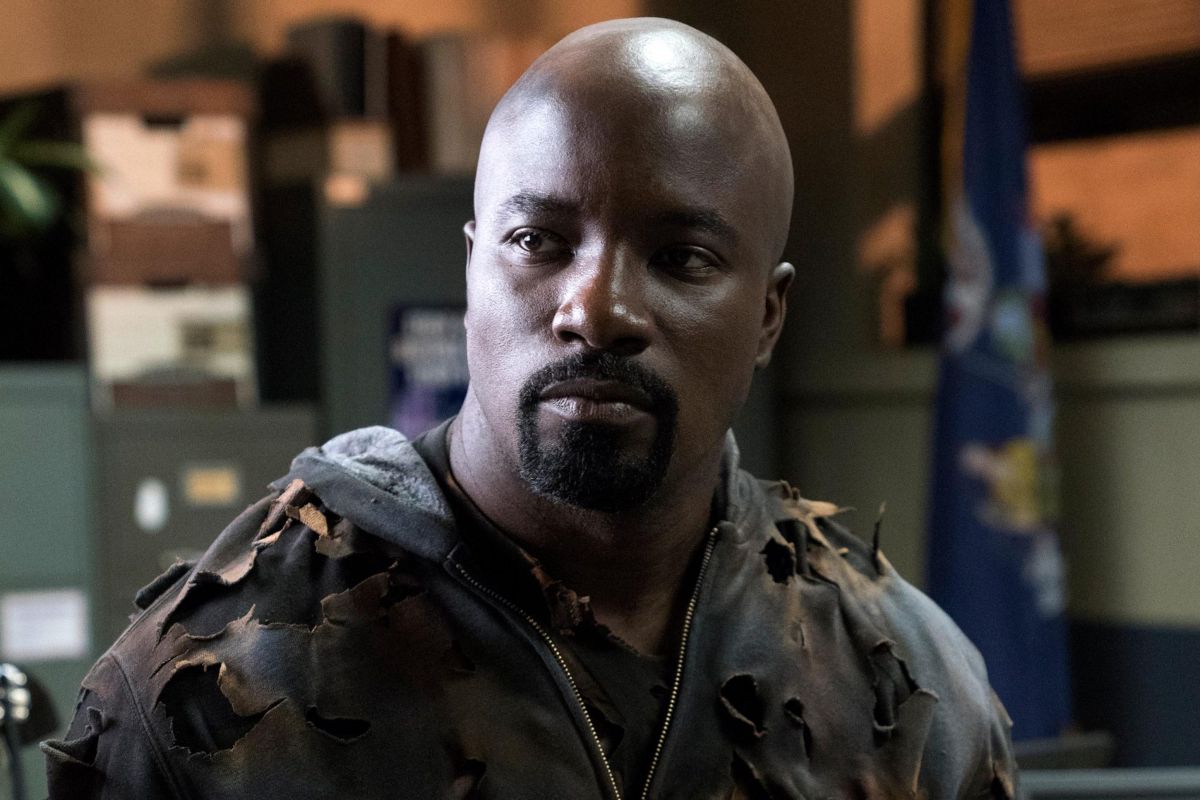
The Netflix originals set in the MCU were R-rated and had a different tone and theme compared to the films. The R-rating also allowed the shows to be tougher and strong-headed in terms of content and the process of developing character arcs. The action was gruesome, thanks to Jon Bernthal's Frank Castle/The Punisher making an entrance in Daredevil 2. Furthermore, the shows' acclaim, especially Cox's Daredevil, will strengthen the franchise, already well-known for its tightly woven, perfect superhero stories.
Moving on, the shows set up some dope backstories for these characters, and crossing them over to the MCU films will allow Marvel to continue their arcs in their own PG-13 universe without doing an origin story for them. And then there are tonnes of stories that can be created in live-action using heroes from films and the originals. The crossover between Shang-Chi and Iron Fist is one of the most widely speculated upon such possible stories. A decently acclaimed storyline featuring The Defenders and Spider-Man exists on paper, and Cox's cameo bump in No Way Home can be used as a fine set-up for the same.
But then the canonization has certain issues with overlapping of character iterations, storylines, and casting.
Characters & Casting Issues
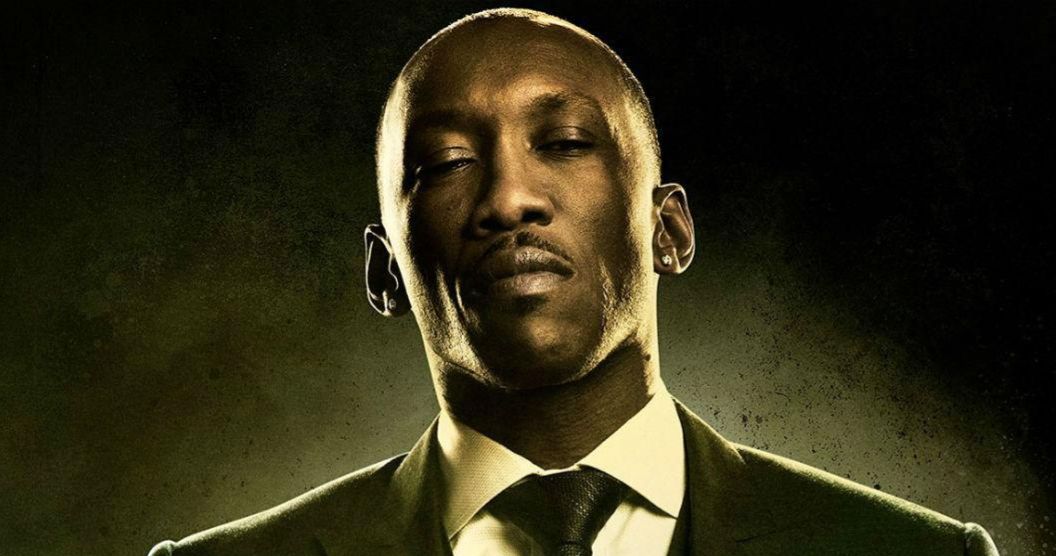
Firstly, the issue is with the multiple character iterations of the same name. Rosario Dawson plays Claire Temple in Daredevil and Luke Cage. Her character was a hybrid, carrying a fresh name, but with character elements from Night Nurse. However, Nurse Night's Christine Palmer was introduced in Doctor Strange (2016), played by Rachel McAdams. McAdams' version in the film was reimagined as a surgeon and love interest for Strange and shall now appear in a more significant capacity in the upcoming Doctor Strange in the Multiverse of Madness.
Similar overlapping can be seen in the casting of characters. This includes Alfre Woodard, who appeared as Miriam Sharpe in Captain America: Civil War, and Mariah Dillard in Luke Cage. Mahershala Ali, who is set to star as Blade in the eponymous film set in the MCU, played Cornell Stokes/Cottonmouth in Luke Cage. Marvel has played well with similar casting announcements earlier. The studio got Gemma Chan to play both Minn-Erva in Captain Marvel and then as a lead in Eternals, playing Sersi. It was easier with Chan's multiple casting as her character in Captain Marvel was killed off. And that would be the case with Ali as well. The only way out of this confusion is to expect the fans to ignore these visible references and move on with the same acceptance as they did with Edward Norton's replacement by Mark Ruffalo (which turned out massively successful).
On the other hand, many such overlaps are references in other Marvel Television shows. There are now two Darkholds, two Agent 13(s), and two Mockingbirds following the surprise reveal at the end of Hawkeye. With Marvel Studios willfully ignoring events and character iterations of the series and incorporating new versions of them in the films and the true canon Disney+ originals, the studio may be slowly planning to erase all the television storylines from the franchise's canon after properly using them for marketing of their possibly planned-for-future stories based on these characters.
Does Marvel Need to Erase These Shows?
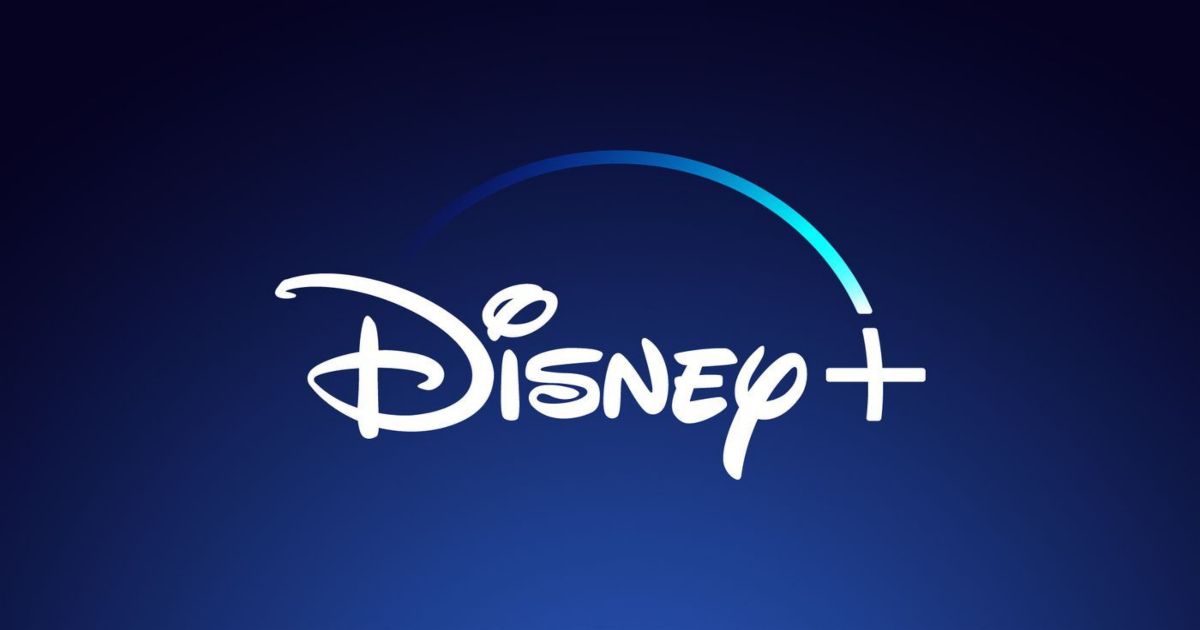
Now that Charlie Cox and Vincent D'Onofrio have made a comeback to the franchise, reprising their respective roles as Matt Murdock and Wilson Fisk, fans are drooling over the mystery behind their potential future in the franchise. While there's no direct statement from Cox regarding his comeback, D'Onofrio has gone public saying that his iteration is the same ruthless crime lord we saw in Daredevil. He believed that his character has seen a massive downfall as his empire took a hit due to the Blip, and in Hawkeye, we see him regaining his status in the business again.
That's one way for Marvel to keep the old stories intact and make changes in them based on the fact that the Blip has changed their course. Thanos' decimation of half of the universe caused severe changes in societies across the globe. The Flacon And The Winter Soldier, another show made under Marvel Studios' direct supervision, went into an in-depth exploration of the changes that the sudden return of all who were Blipped brought in. Marvel, may not need to entirely erase the stories these shows established, but rather revitalize them per their plans and eventually justify them as the changes brought by the Blip.
This would further allow Marvel to not really explore the origins of these characters and just transfer those aspects of their arcs into their progression in the MCU. And on top of that, fans would get to keep validating their love for these shows, eventually making them a part of the true Marvel Cinematic Universe continuity.
Kevin Feige's Statements On The Dilemma
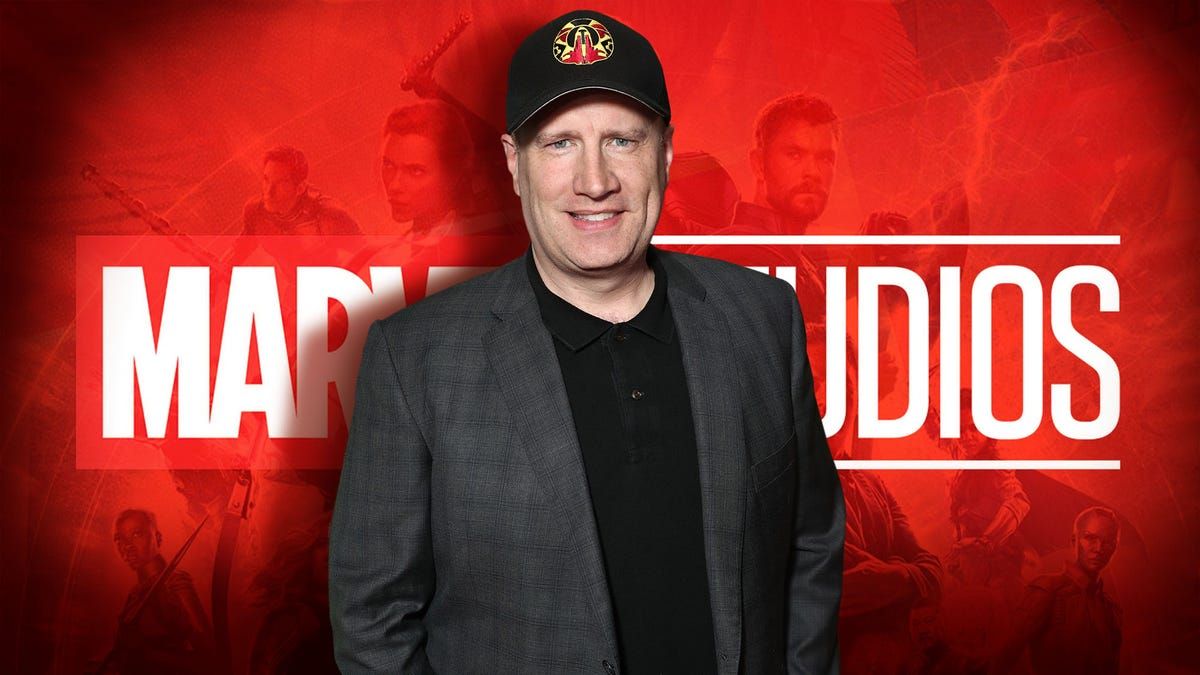
Feige has mostly kept quiet about these shows tying in the MCU. He has always maintained that they all share the same continuity and has not publicly declined that they aren't canon. He has previously stated that the Disney+ originals will be the first time MCU films will be linked to television productions. The statement was ripped by fans, suggesting Feige meant that previous Marvel shows have been non-canonical. But, there's no concrete evidence to prove the same.
However, that doesn't mean that these shows can be definitively included in the MCU. Up until now, the Marvel Cinematic Universe has been guided in a designed path created by Kevin Feige. Feige has been adamant about his decisions for the franchise and has led an award-winning creative team of producers to get MCU to its current status. On the other hand, Marvel Television never had any direct input from the Marvel boss. Given the profound acceptance of Feige's vision at Disney, he was eventually made president of Marvel Studios. The unit was pulled to be made a separate entity from Marvel Entertainment Group. It's, therefore, possible that Feige chooses to go his own way with Marvel's Netflix originals and slowly and gradually remove them from canon, making their arcs a better fit to his vision for the MCU.
Furthermore, it won't be a crime on his part because he has repeatedly proved his plans for the franchise both commercially and critically viable, meaning that Feige can really pull some enticingly fresh for these characters' new introduction into the MCU.
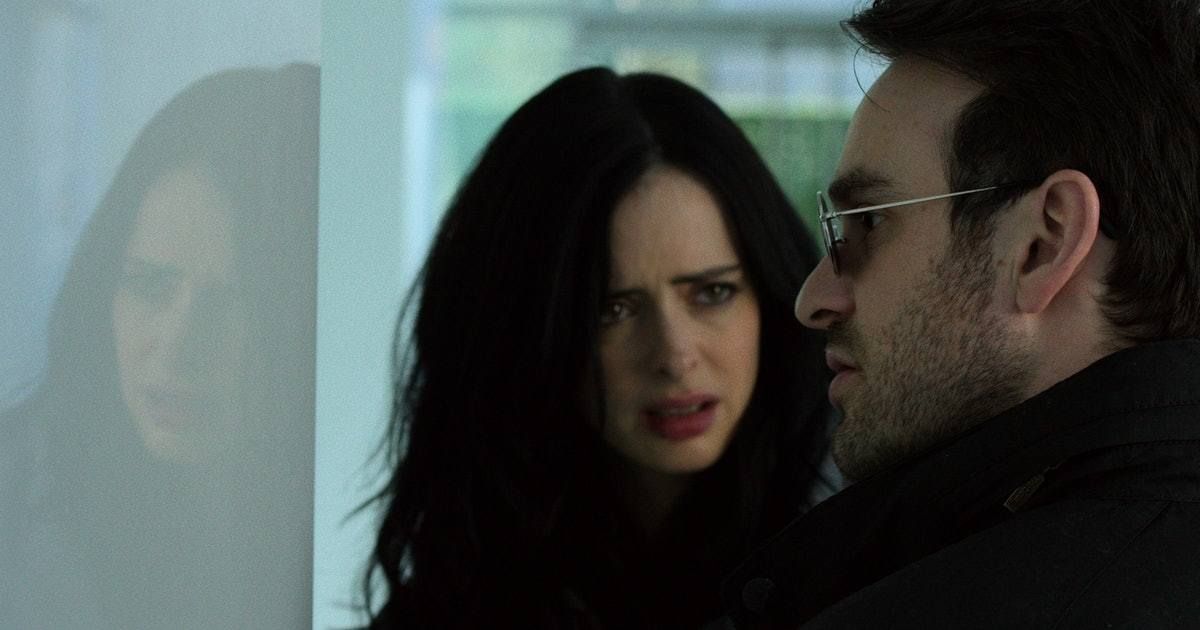
Whatever decision the studio makes, Marvel Television shows and Netflix originals each have their own strengths. These shows have been more diverse in terms of representation and have strongly empowered the overall narrative of the MCU. The fact that the franchise is a wider 'cinematic universe' stands its ground because of the background these shows have given to all the films that have shaped MCU. These stories have added an emotional core to the franchise. They have allowed Marvel Studios to accomplish the near-impossible task of creating the hyperlinked comic-book verse of Marvel into a live-action format.
Furthermore, these shows, especially Agents of S.H.I.E.L.D, Daredevil, and Jessica Jones, have achieved massive critical acclaim, often surpassing the films. The kind of investment that has gone into these shows is huge, and the output does account for some of the finest work in television. The new corporate re-structure at Marvel and Disney and the studios' fresh regain of control over characters may wipe these shows out of existence; however, not only would it be a problematic fix, it surely would upset a lot of fans.
Do you think that Marvel's Netflix originals should become canon? Or shall they be forgotten to pave for a fresh take on the characters those shows introduced?
cranswicklizeatied.blogspot.com
Source: https://movieweb.com/marvel-netflix-shows-become-canon-on-disney/